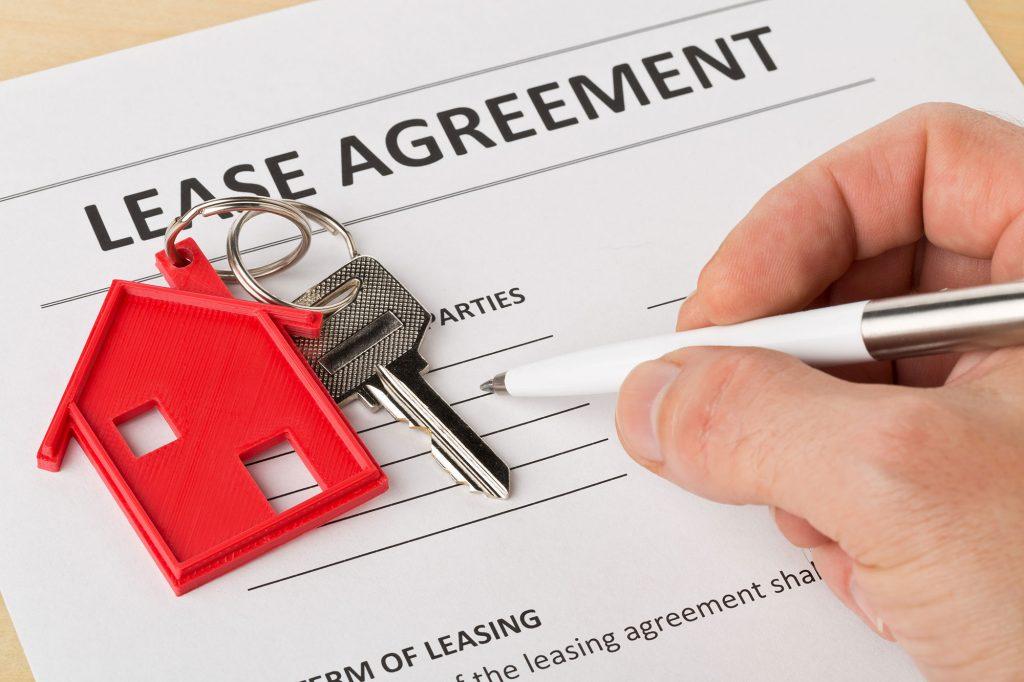Whether it’s your first time living away from home, you’re in a downsizing phase of life or somewhere in-between, moving into an apartment can be an exciting life change! There are all sorts of things to consider before you decide on a location, find an apartment and sign a lease. Here are a few considerations:
Know What You Can Afford Before You Begin Looking
The U.S. Department of Housing and Urban Development (HUD) guidelines recommend spending no more than 30 percent of gross income (before taxes) on rent and utilities. Use the 30 percent of gross income as a general rule. Most landlords will determine whether you qualify for their rental by dividing your gross income by 40 – the answer will reveal the maximum you should be paying in rent. Alternatively, you can multiply the monthly rent by four. The answer is the amount of monthly income most property managers will want you to be making in order to be able to afford to live in their community. Don’t like math? There are a number of rent calculators online.
What you should bring with you and the information you’ll need when applying for a rental:
– Your full legal name
– Social Security number
– A valid driver’s license and/or another form of official identification
– Contact information
– Previous housing addresses (up to three years)
– Previous landlord’s contact info as the leasing team will then reach out to them directly, if necessary.
– Employer’s name, address, and phone number
– One month’s worth of pay stubs
– Credit/debit card, check or cash to pay for the application and administrative fee/s
– If you have a pet, have their breed, proof of vaccines, and proof of registration (if necessary) handy
Be Sure To Budget Accordingly
Rent is not the only expense involved in moving to an apartment. It’s smart to expect the unexpected. Additional expenses will range from apartment application fees to security deposits – and don’t forget, utility companies may require deposits as well. Some premium properties may charge fees related to amenities, parking, furniture packages, pet rent and pet security deposits – all in addition to the basic security deposit. Some apartments may require payment of the first month’s rent in advance of the move, and some will also require the last month’s rent. So why all the fees? You’re borrowing something, from the apartment, to parking spots, and even the internet you pay for every month to stream your favorite Netflix show. When you’re renting something, there can be extra costs simply because someone is offering you a convenience and because companies also want a cushion of protection, should something happen. They can’t rely on trust alone. Some fees will go toward expenses like pulling your credit report and doing a background check, among other things.
Remember, Rent Is Not Just Rent
Nobody likes surprise bills. Your rent may or may not include utilities, so be sure you know what is covered under the terms of your lease and what is not. Some utilities like sewer/water/trash, Internet or basic cable may be included, while other things like premium cable, telephone, gas and electricity will be your responsibility. Don’t forget that you have to cover expenses for other things like groceries, transportation costs, furnishings and decor, entertainment, etc.
Finally – Get Renter’s Insurance
You’re not covered by the insurance policy carried on the building alone. Do not make the mistake of assuming you’re covered by a roommate or even a parent’s policy. Renter’s Insurance is one of the most important protections you can buy – it’s an absolute must! Want to know more? Just click on the link.
It can be overwhelming when you’re looking at leasing a new apartment. Fully understanding what you’ll need to bring and prepare for when leasing an apartment will make the whole process go smoothly.

